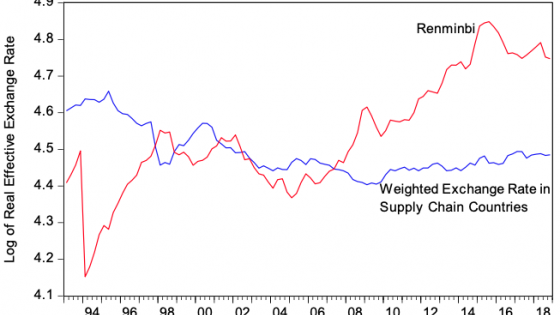DP2411 On Regional Monetary Arrangements For ASEAN
This paper analyses the extent to which ASEAN may be suitable for a regional monetary arrangement. On the economic front, we review evidence on patterns of trade, economic shocks, the extent of factor mobility, and the monetary transmission mechanism. We find that ASEAN today is less suitable for a regional monetary arrangement than the euro area was before the Maastricht Treaty, but the differences are not large. On the political front, we analyse the prerequisites for monetary integration in light of 50 years of European experience. We conclude that a firm political commitment would be the key to ensuring that an attempt to form a regional monetary arrangement is not viewed as simply another fixed exchange rate system open to speculative attack. That commitment would have to be strong enough to survive for an extended period and to support difficult decisions such as rendering the central bank independent, adhering to fiscal and exchange rate arrangements even if the policy stance conflicts with that which would be adopted on the basis of purely domestic considerations, and accepting supranational directives. These are very considerable prerequisites for success.


